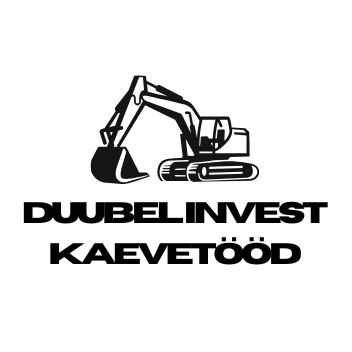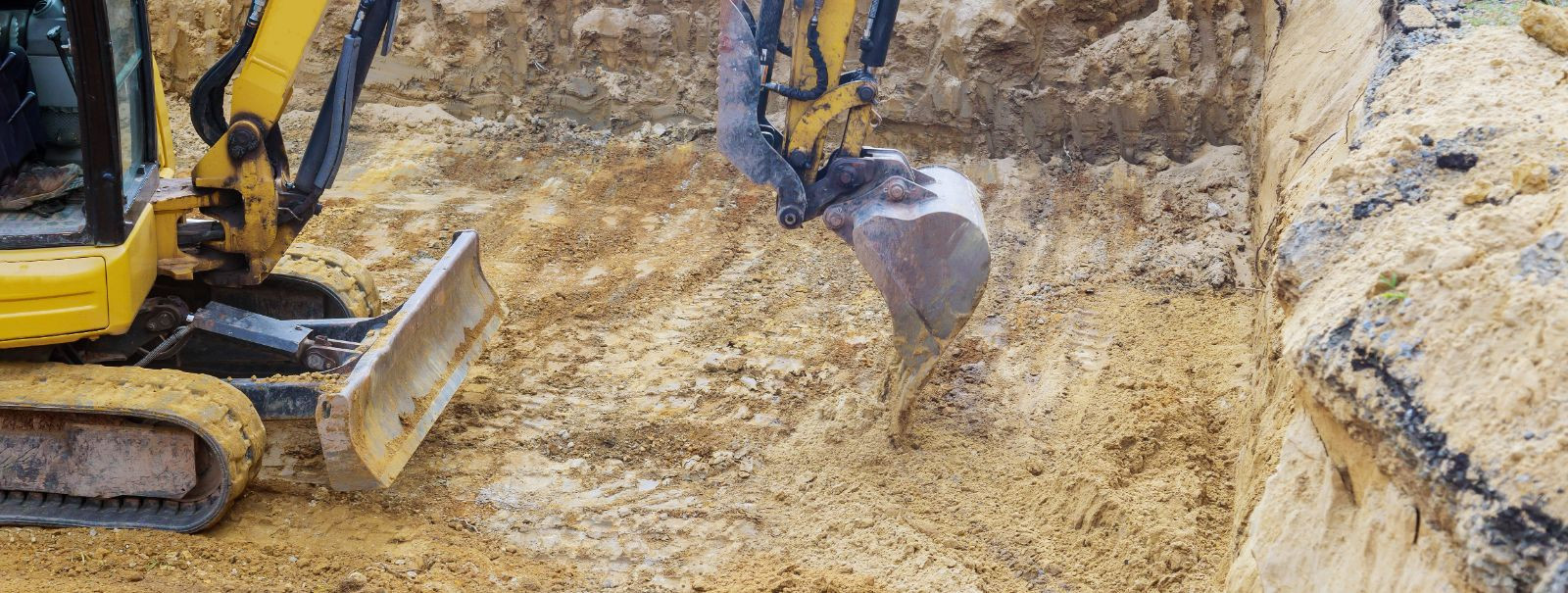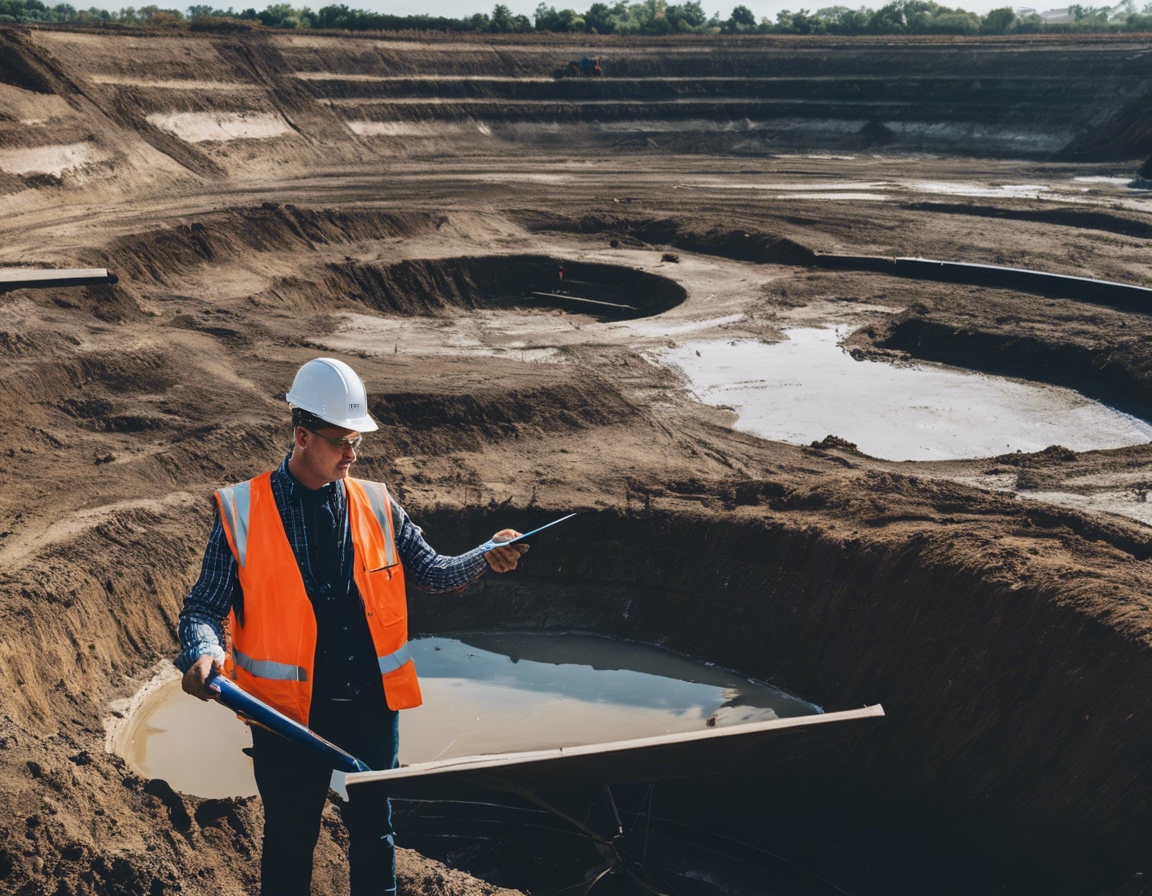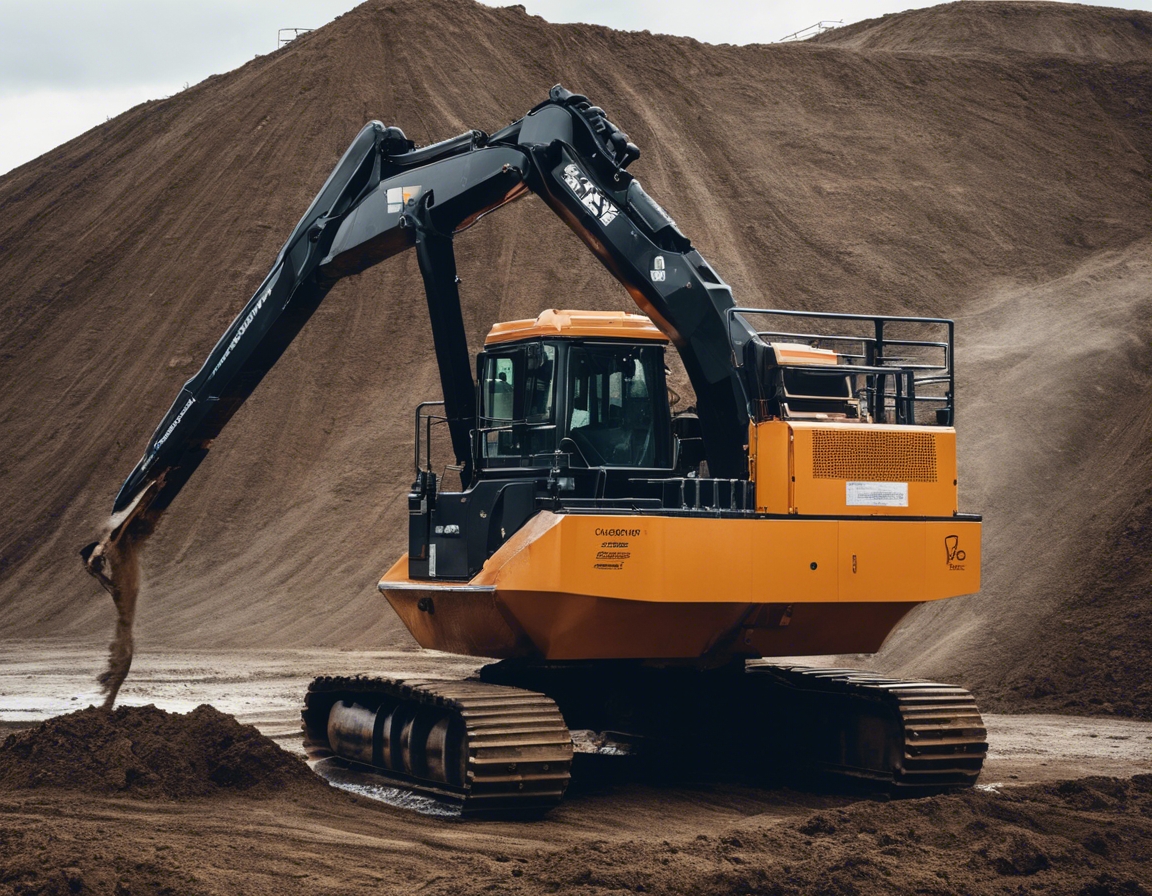The future of excavation: trends and innovations
As the construction industry evolves, so does the field of excavation. With increasing demands for efficiency, safety, and environmental responsibility, the future of excavation is being shaped by groundbreaking trends and innovations. This blog post explores these developments, providing insights into how they are transforming the industry and addressing the challenges faced by construction companies, municipal bodies, and private developers.
2. Technological Advancements in Excavation
Automation and robotics are revolutionizing excavation processes by enhancing precision and reducing labor costs. Autonomous excavators equipped with advanced sensors and AI algorithms can perform tasks with minimal human intervention, ensuring consistent quality and efficiency. These technologies are particularly beneficial in large-scale projects where precision and speed are critical.
Drones have become invaluable tools in the excavation industry, offering aerial surveying capabilities that provide accurate topographical data. This technology enables project managers to plan and execute excavation tasks with greater accuracy, reducing the risk of errors and project delays. Drones also facilitate real-time monitoring, allowing for quick adjustments and improved project management.
The development of advanced machinery and equipment is another key trend in excavation. Modern excavators are equipped with GPS technology, telematics, and other smart features that enhance their performance and efficiency. These innovations not only improve productivity but also contribute to safer working environments by minimizing human error.
3. Environmental Considerations and Sustainable Practices
As environmental concerns grow, the excavation industry is adopting eco-friendly techniques to minimize its impact on the planet. Methods such as trenchless technology and precision excavation reduce soil disruption and preserve natural habitats. These practices are essential for meeting regulatory requirements and achieving sustainability goals.
Effective waste management and recycling are crucial components of sustainable excavation. By implementing strategies to recycle materials and reduce waste, companies can lower their environmental footprint and comply with stringent regulations. This approach not only benefits the environment but also reduces costs associated with waste disposal.
4. Digital Transformation in Excavation
Building Information Modeling (BIM) is transforming the way excavation projects are planned and executed. By creating detailed digital representations of physical spaces, BIM allows for better visualization and coordination among stakeholders. This technology enhances decision-making, reduces errors, and improves project outcomes.
The Internet of Things (IoT) is playing a significant role in the digital transformation of excavation. IoT devices collect and analyze data from machinery and equipment, providing insights into performance and maintenance needs. This data-driven approach enables predictive maintenance, reducing downtime and extending the lifespan of equipment.
5. Safety Innovations in Excavation
Safety is a top priority in excavation, and wearable technology is enhancing worker protection. Devices such as smart helmets and vests monitor vital signs and environmental conditions, alerting workers to potential hazards. These innovations contribute to safer job sites and reduce the risk of accidents.
Training programs are evolving to incorporate the latest technologies and safety practices. Virtual reality (VR) and augmented reality (AR) are being used to simulate real-world scenarios, providing workers with hands-on experience in a controlled environment. These programs improve skills and preparedness, leading to safer and more efficient excavation operations.






Comments (0)